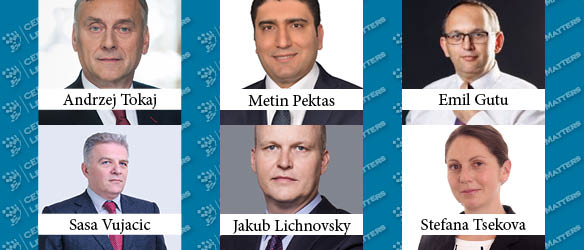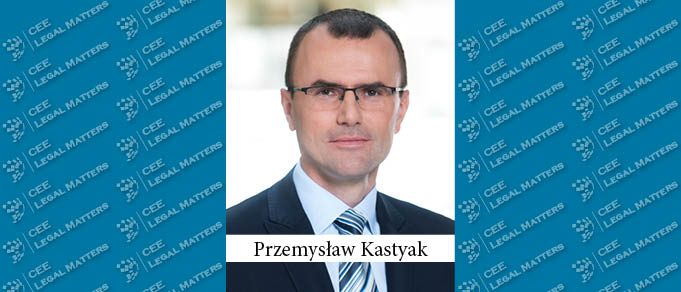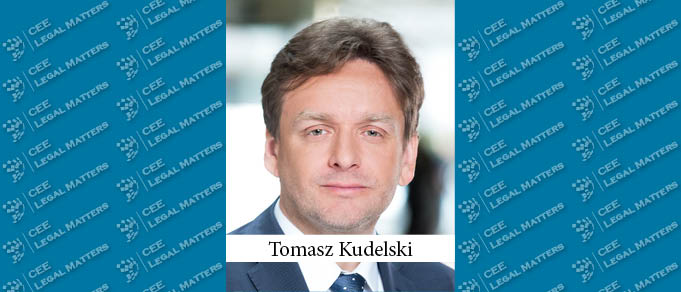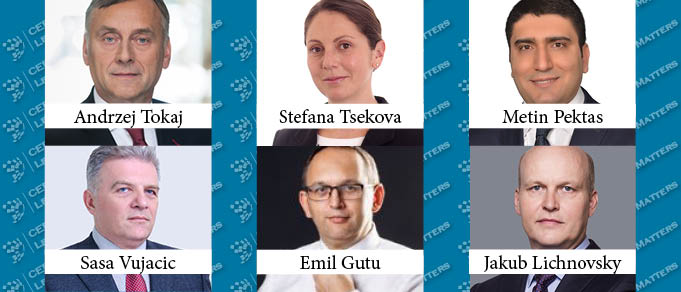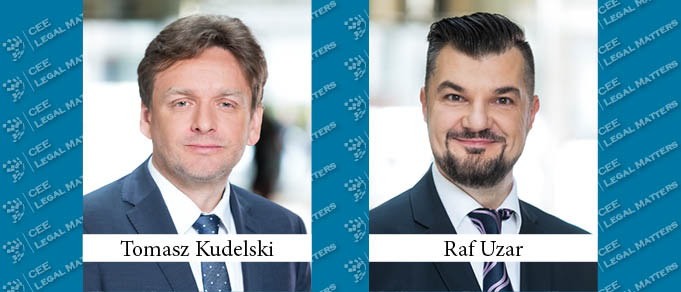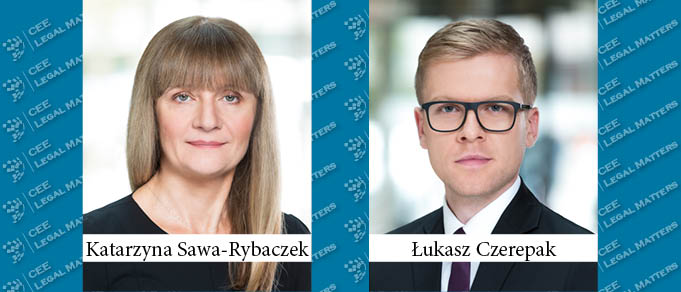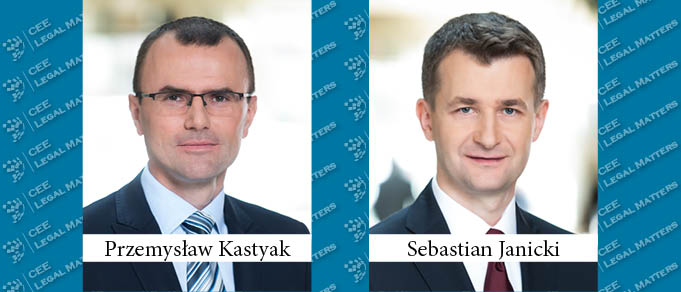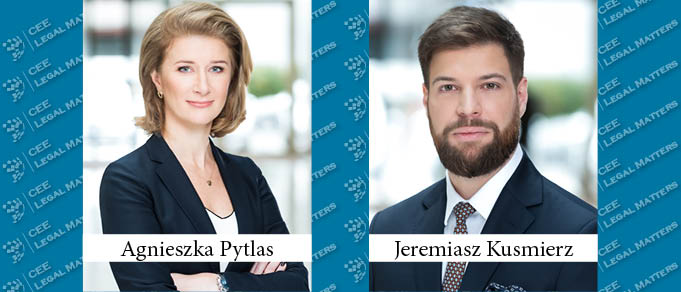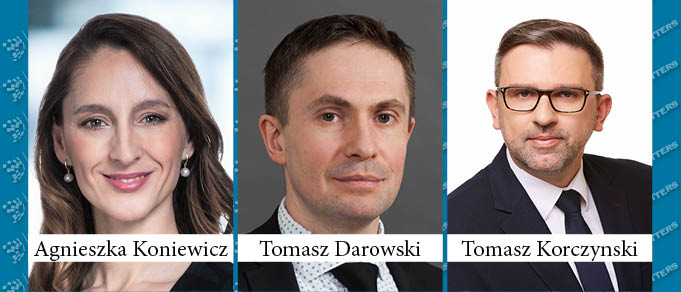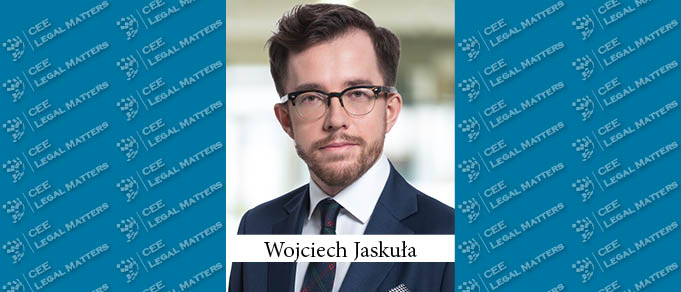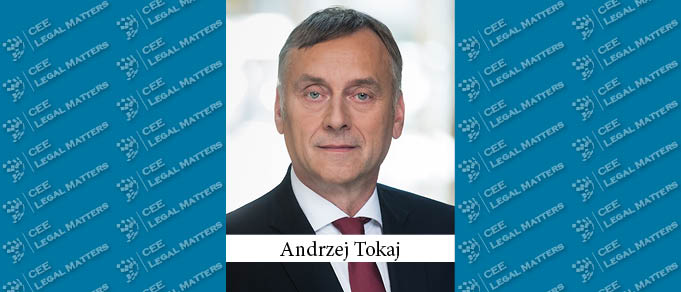Energy prices have been a salient issue in CEE for the past year. Part 1 of this article covered just how high the energy prices had climbed in Bulgaria, the Czech Republic, Moldova, Montenegro, Poland, and Turkey, the impact of those prices on people, businesses, and governments, as well as the reasons why some countries fared better than others. Then Russia’s war against Ukraine changed everything, making a new energy pricing normal seem more distant than ever. In Part 2 we look at what energy experts believe could alleviate the situation and whether the war has impacted those plans.
Real Estate in Poland – Uncertainty Ahead
Had we been writing this piece mid-February, our description of the Polish real estate market would have been consistent with the trends encompassing the past two years: despite the pandemic, two sectors continue to boom – logistics and residential, including the still relatively new professional rented sector, with many big players moving into Poland over the past few months.
The Buzz in Poland: Interview with Tomasz Kudelski of Penteris
With inflation rates rising and investors hesitant to bring their capital to Poland, the Russian invasion of Ukraine has created a vicious circle, according to Penteris Partner Tomasz Kudelski.
Clifford Chance Advises Norsk Hydro on Tender Offer for Alumetal
Clifford Chance has advised Norsk Hydro on its tender offer for the purchase of Alumetal. Lakatos, Koves, and Partners reportedly advised Norsk Hydro on Hungarian law-related matters. Penteris reportedly advised Alumetal.
In Search of a New Energy Normal (Part 1)
In the past twelve months, energy prices seem to have taken a life of their own. Their continued and, at times, shocking growth has raised concerns across the region and prompted differing responses and policy changes in each country. To get a more accurate picture of recent developments, we reached out to experts in Bulgaria, the Czech Republic, Moldova, Montenegro, Poland, and Turkey and asked them about the current energy prices, their impact on local economies, the drivers behind their growth, and whether any plans were in place to address the issue.
The Future of Work in Poland
Three of the world’s most influential institutions have established expert teams to gather as much data as possible in order to make sense of the nature of the changes currently affecting the global labor market. Many law firms are already on board and are implementing strategies that will meet these changes head-on.
Is Poland Ready for REITs?
REITs first appeared in the US in the 1960s, and the American REIT market has enjoyed considerable growth over the last quarter of a century. From there, REITs have spread to most developed economies, including many EU member states, and can presently be found in approximately 40 countries. In the US, the total return on investment in REITs making up the FTSE Nareit All Equity REITs Index reached 1,225% over the last 25 years, which translates into an average annual return of 10.9%. This, coupled with the good performance of REITs in other countries, contributes to an increased interest in this type of legal structure in jurisdictions where such solutions have yet to be introduced.
Real Estate Laws and Regulations in Poland
Contributed by Penteris.
Poland’s Residential Rise
Recent post-Covid months have shown some interesting positive trends on the Polish real estate market with a few surpassing expectations.
Challenges of M&A on Poland’s New Tech Market
Innovative technologies, software development, and gaming are becoming an increasingly important part of not only Poland’s M&A market but of the whole region. The greater presence of global tech investors seeking potential acquisitions in Poland is putting pressure on local developers to keep up with international standards and the fast pace of the acquisition process.
Poland’s (Infra)Structural Foundations: Are PPPs Still the Future?
Even though situated at the outskirts of the EU, Poland undoubtedly serves as one of the main pathways into the Union’s affluent west. The importance of its infrastructure is reflected in its prioritized investment position. Looking at investments made by the European Investment Bank alone, one could see that out of the EUR 79.8 billion invested in the country since 1990, about 47% went to infrastructure.
All Taxpayers Treated the Same
A taxpayer cannot resort to the principle of in dubio pro tributario to select an interpretation of a provision of law that is more favourable when a different interpretation is more favourable for the vast majority of taxpayers.
The Buzz in Poland: Interview with Tomasz Kudelski of Penteris
Despite questions of political interference by the ruling party being raised in Poland, the Central European giant seems to be on a positive track, according to Penteris Partner Tomasz Kudelski.
In a League (Table) of Their Own: A Look at Baltic Firms’ Volume of Client Matters
Regional periodical league tables ranking M&A activity through the lens of the law firms advising on the deals are often dominated by Baltic law firms, with the CEELM Index special issue of the CEE Legal Matters magazine reflecting the same trend. To better understand why that is so, we spoke with several Partners – from both Baltic firms and other CEE jurisdictions.
(Un)finished Business of Restitution
The new Polish restitution law has been enacted and signed by the President. It solves the problem of restitution claims by making a clean break and doing away with them altogether. But is that the end of the story?
Round Table: Examining the 2020 DOTYs
While the Dealer’s Choice Conference in London could not be organized this year in a safe manner due to current events, on July 20, 2021, CEE Legal Matters sat down with several of the event’s sponsors to take a closer look at the Deals of the Year award winners this year.
Time Limit for the Invalidation of Administrative Decisions
On 11 August 2021 Polish Parliament enacted the Act amending the Code of Administrative Procedure which has been just published.
Changes to Leases in Shopping Centres under Covid-19 Law
On 30 June 2021, the Polish President signed an Act (“Amendment”) changing the so-called Anti-Crisis Shield (i.e. Act on specific solutions related to the preventing, counteracting and combating COVID-19, other infectious diseases and crisis situations caused by them, and certain other acts).

